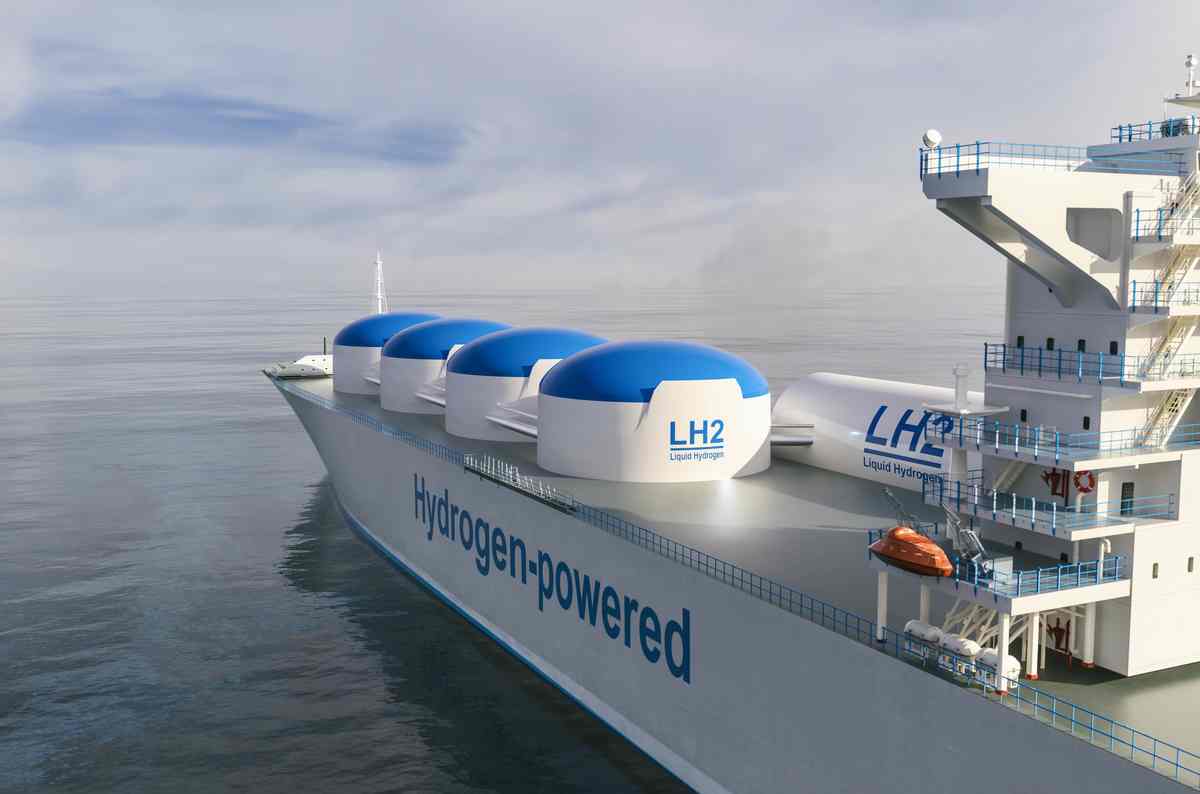Major bank pledges to slash fossil fuel lending in line with IRENA's call for action
As the latest financial institution to shift its focus from fossil fuels to renewable resources, BNP Paribas underscores IRENA's push for more renewable energy investments.
 PHOTO: BNP Paribas building at The Diamond Tower in Milan, Italy. Getty Images
PHOTO: BNP Paribas building at The Diamond Tower in Milan, Italy. Getty Images
The International Renewable Energy Agency (IRENA) has urged financial institutions and governments to direct around $1 trillion/year of planned fossil fuel investments towards renewable energy technologies and infrastructure by 2030, to keep the 1.5°C goal in sight. It further recommended that renewable energy-related technologies must reach $5 trillion/year by 2030 to keep the Paris Agreement climate target alive.
“Moving forward, multilateral financial institutions need to direct more funds, at better terms, towards energy transition projects and build the physical infrastructure that is needed to sustain the development of a new energy system," according to IRENA’s director-general Francesco La Camera.
The age of green financing?
It now appears that IRENA's warning is being taken seriously by some major financial institutions around the world. Although they have not yet allocated any specific amounts for renewable fuel production or technologies, lenders have taken steps to reduce their exposure to fossil fuels and divert some of their investments toward green energy.
BNP Paribas, the largest private bank in France, is one such example.
The French financier has pledged to “reduce its financing of oil exploration and production by 80% by 2030” and to direct at least €40 billion ($43.23 billion) of this investment towards production of low-carbon and renewable energy-based products and services by then.
BNP Paribas claimed it will pursue its self-imposed goal of devoting at least 80% of its finance to renewable energy by 2030, to no longer fund new oil and gas exploration projects and to phase out funding to independent oil companies.
This decision marked a dramatic shift for the lender, which was the EU’s largest financier of fossil fuels last year with $20.8 billion going to offshore oil and gas and other fossil fuel sectors, according to non-profit alliance Banking on Climate Chaos. As one of the world's biggest financiers of the fossil fuel industry, the bank boasts a client list that includes companies like TotalEnergies, Shell, Chevron, ExxonMobil, BP, ENI, Repsol and Equinor among others.
Nevertheless, the Paris-headquartered bank’s commitment to reduce fossil fuel financing suggested that it could start backing more renewable energy projects. And if other banks follow its example, it could potentially weaken the oil and gas sector's financial hegemony, allowing renewable energy drivers to gain traction.
 PHOTO: Model of liquid hydrogen carrier. Getty Images
PHOTO: Model of liquid hydrogen carrier. Getty Images
Potential ripple effects on the shipping industry
BNP Paribas is also the latest signatory to the Poseidon Principles to make such a commitment.
The Poseidon Principles aim to reduce the carbon footprint of the shipping industry by providing a framework for banks and other financial institutions to assess, disclose, and manage the environmental impacts of their shipping portfolios.
By increasing investments into renewable energy, BNP Paribas could eventually accelerate the adoption of cleaner fuels and contribute to greener shipping practices. Additionally, it would set a powerful precedent for other financial institutions to follow, encouraging them to stop funding shipping projects that harm the environment and take accountability for their exposure to polluters.
By Konica Bhatt
Please get in touch with comments or additional info to news@engine.online






